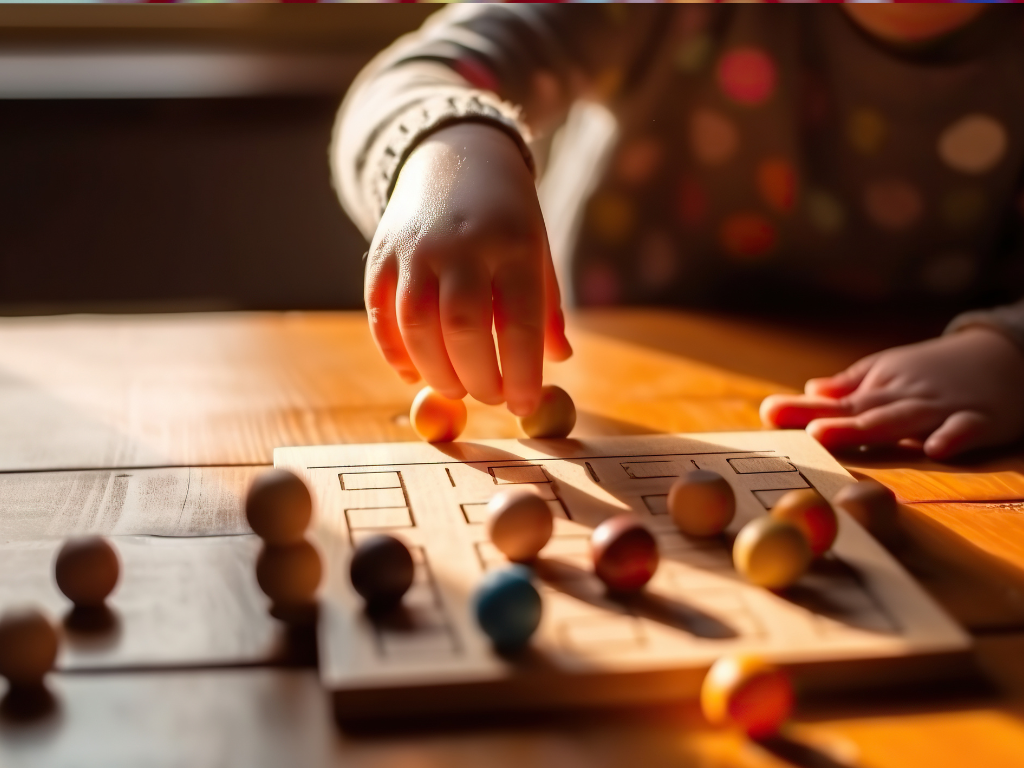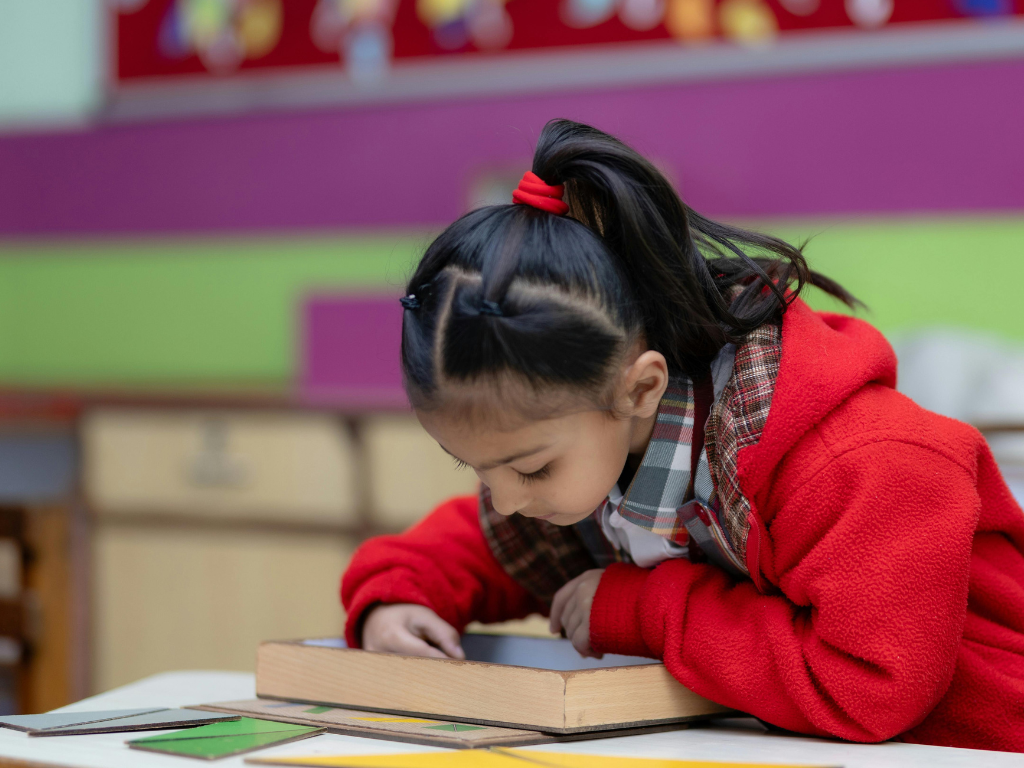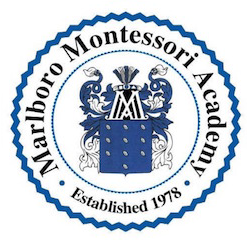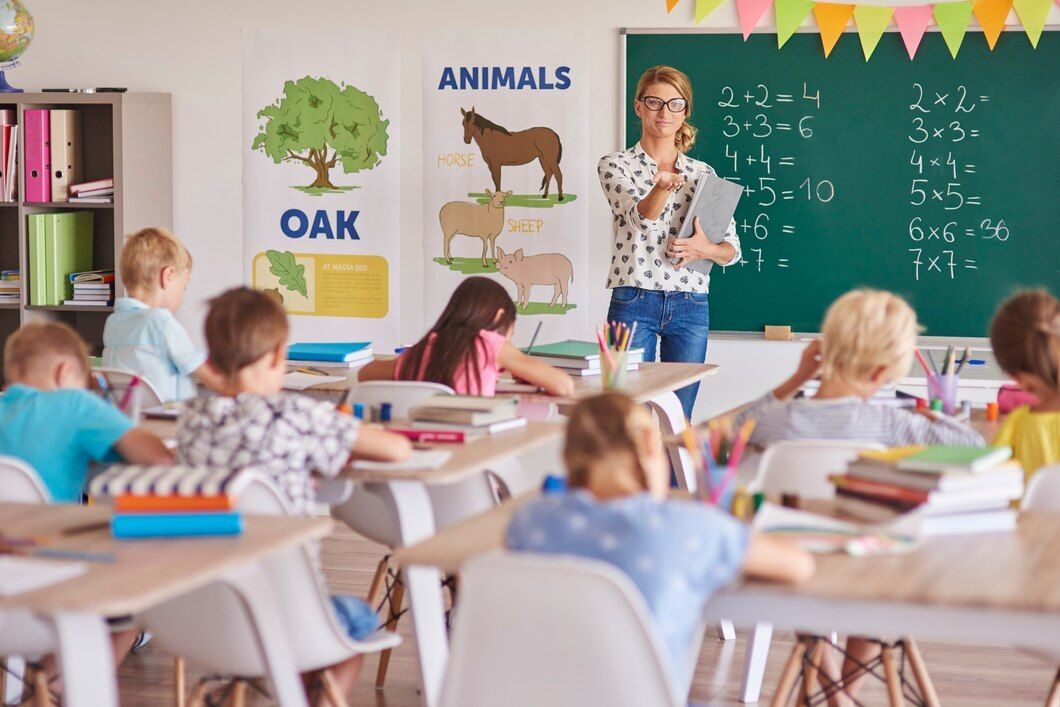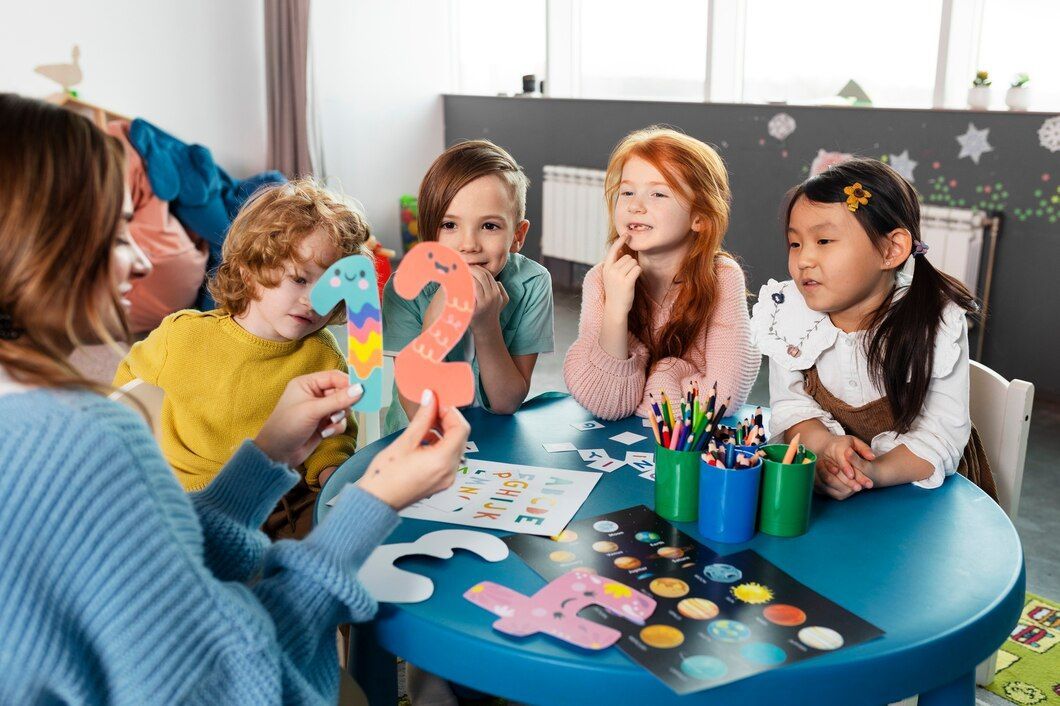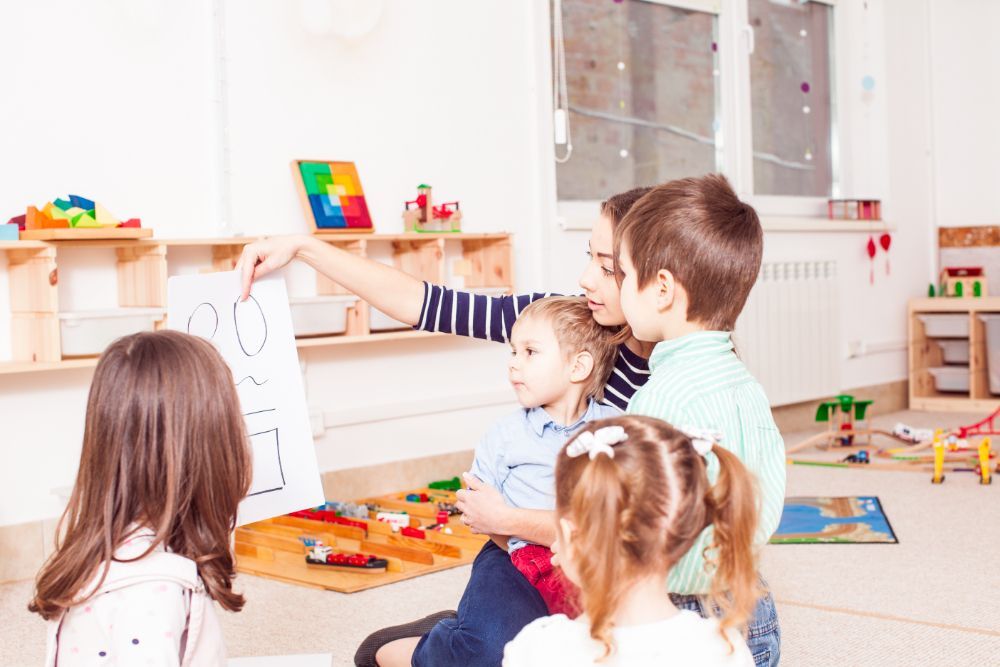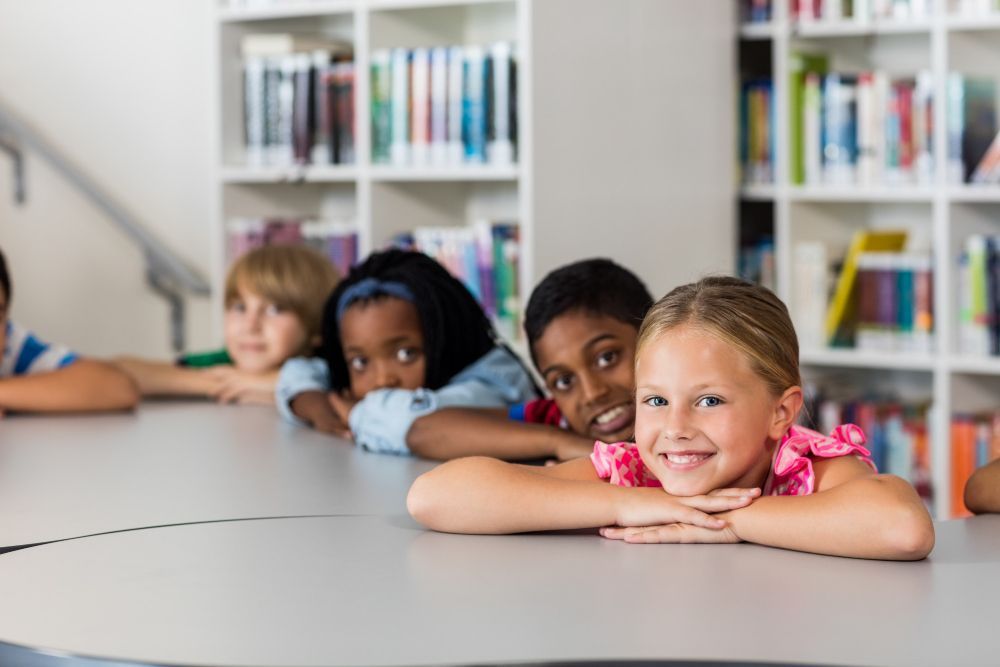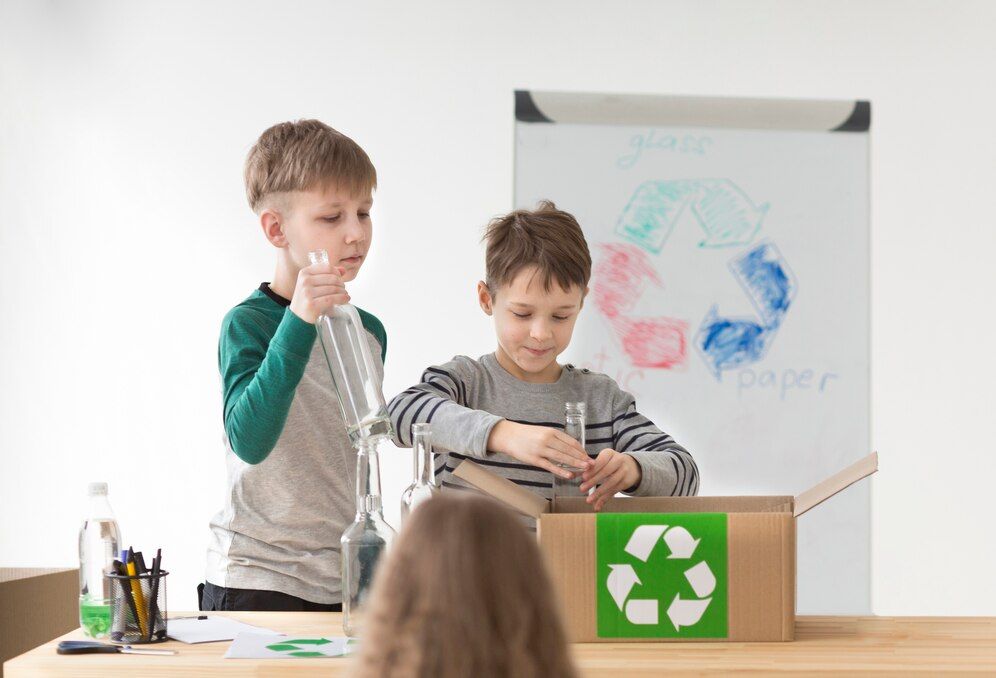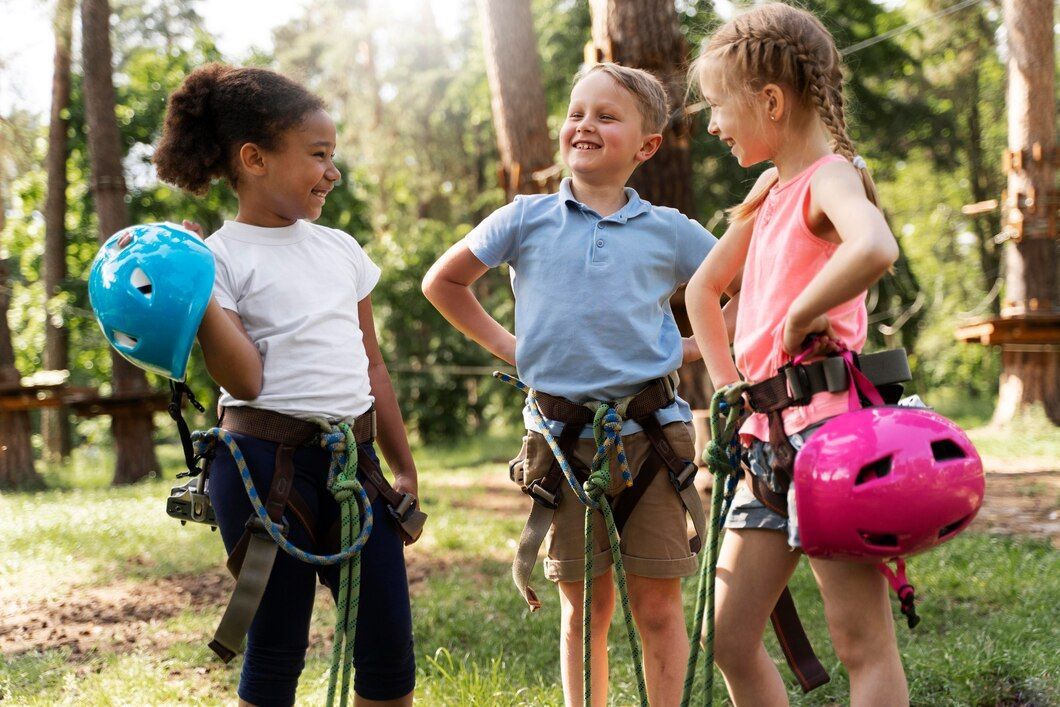Fostering Emotional Intelligence Through Montessori Education
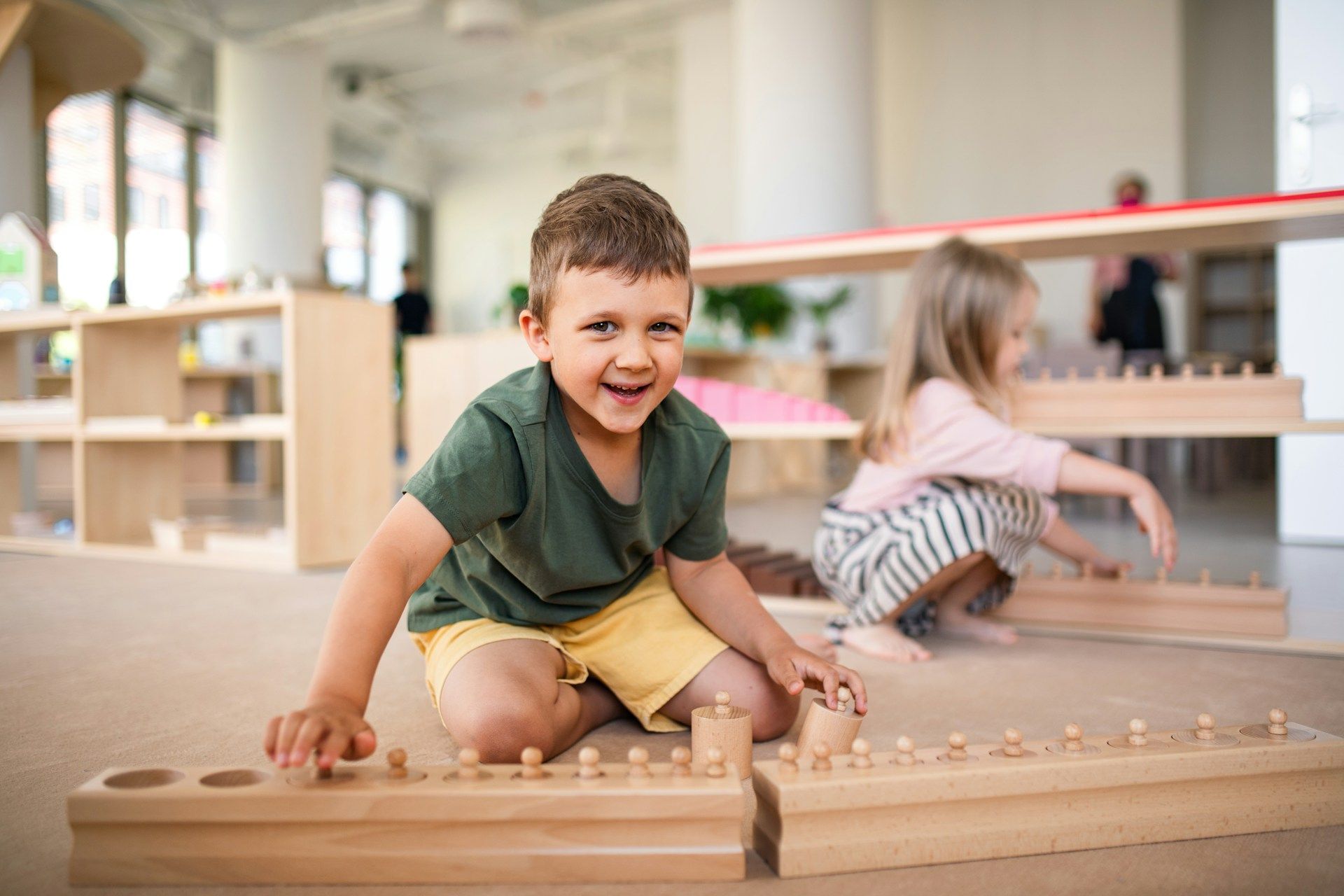
As the importance of emotional intelligence becomes increasingly evident in today's world, the need for supporting children's social and emotional skill-building cannot be overstated. Emotional intelligence - the ability to understand, interpret, and manage one's emotions and empathize with others - significantly impacts a child's success in academics, relationships, and overall well-being. Montessori education uniquely champions the development of emotional intelligence in young learners, in conjunction with traditional academic skills.
In this blog, we will discuss the ways in which Montessori education promotes emotional intelligence, including the essential role of the prepared environment, the nurturing of self-regulation and social skills, and the integration of emotional intelligence across various aspects of our programs. By revealing the powerful impact of Montessori education on emotional intelligence, we will provide insights into how this unique educational approach cultivates well-rounded, compassionate, and emotionally resilient children.
Learn how Marlboro Montessori Academy fosters emotional intelligence in your child by taking a tour of our facilities and experiencing the magic of Montessori.
The Prepared Environment: A Foundation for Emotional Growth
A fundamental principle of Montessori education is the creation of a carefully prepared environment designed to meet the unique needs and interests of each child. This environment plays a crucial role in fostering emotional intelligence as it encourages children to explore their emotions and social skills in a safe, supportive, and stimulating setting. Key elements of the prepared environment that contribute to emotional growth include:
- Order and Consistency: The predictability of the Montessori classroom provides a sense of security and belonging, allowing children to feel comfortable expressing themselves emotionally and taking risks in social interactions.
- Multi-Age Groupings: Our Montessori academy embraces mixed-age classrooms, offering opportunities for children to learn from one another and practice empathy, communication, and cooperation in a diverse community.
- Freely-Accessible Materials: A wide variety of age-appropriate resources that stimulate emotional intelligence are readily available for children to explore independently, allowing them to delve into their emotions, relationships, and social skills at their own pace.
Nurturing Self-Regulation and Social Skills
Montessori education emphasizes the importance of developing strong self-regulation and social skills, which are integral components of emotional intelligence. Children are guided and supported in learning these essential skills through various aspects of the Montessori approach, such as:
- Grace and Courtesy Lessons: Montessori classrooms incorporate lessons in grace and courtesy, teaching children essential social skills such as respect, sharing, and conflict resolution.
- The Peace Table: This dedicated space allows children to explore their emotions, fostering understanding and compassion towards oneself and others. It also serves as a resource for children to peacefully resolve conflicts and practice active listening and empathy.
- Independence and Responsibility: As children progress in their self-regulation skills, they are given opportunities to take on increasing responsibility and ownership in the classroom, contributing to a sense of confidence, self-esteem, and emotional resilience.
Integrating Emotional Intelligence Across the Curriculum
Emotional intelligence is woven into various aspects of the Montessori curriculum, ensuring that children have consistent opportunities to develop their emotional and social skills. Some ways emotional intelligence is integrated across our comprehensive programs include:
- Practical Life Activities: Children practice empathy, cooperation, and self-regulation through engaging in activities such as meal preparation, caring for plants and pets, or setting the table for a shared snack.
- Collaborative Projects: Group work fosters essential teamwork and communication skills, allowing children to explore differing perspectives, discuss ideas, and collaborate towards common goals.
- Mindfulness and Reflection: Montessori education promotes mindfulness and self-reflection, enabling children to develop emotional awareness and regulation as they recognize, interpret, and manage their emotions.
The Role of Montessori Educators in Supporting Emotional Intelligence
Montessori educators are instrumental in nurturing emotional intelligence in children. By building strong relationships with their students and modeling essential emotional skills, educators create an environment where emotional growth is valued and nurtured. Key roles of Montessori educators in fostering emotional intelligence include:
- Observing and Adapting: Montessori educators attentively observe their students, identifying individual interests, strengths, and areas for growth in emotional intelligence. They then tailor the environment and curriculum to support each child's unique emotional journey.
- Providing Guidance and Support: Teachers skillfully scaffold the development of emotional skills, providing guidance, encouragement, and redirection as needed, fostering independence and resilience in children.
- Embracing Genuine Emotions: Montessori educators create a space where emotions are acknowledged and validated, allowing children to freely express themselves and explore their feelings without fear of judgment or criticism.
Montessori Education - A Powerful Pathway to Emotional Intelligence
By integrating emotional intelligence into all aspects of our Montessori academy's programs, we cultivate empathetic, self-aware, and resilient children equipped to navigate the complexities of today's emotionally demanding world. Our Montessori approach to education fosters emotional growth in young learners, nurturing essential social and emotional skills in conjunction with traditional academics.
Located in Marlboro, NJ, and Colts Neck, NJ, Marlboro Montessori Academy is dedicated to supporting the development of emotional intelligence in children through our primary school, kindergarten, elementary, extended day care, tutoring, and summer camp offerings. Experience the profound impact of
Montessori education on your child's emotional intelligence by scheduling a tour of our academy, and let us reveal the magic of Montessori firsthand.
